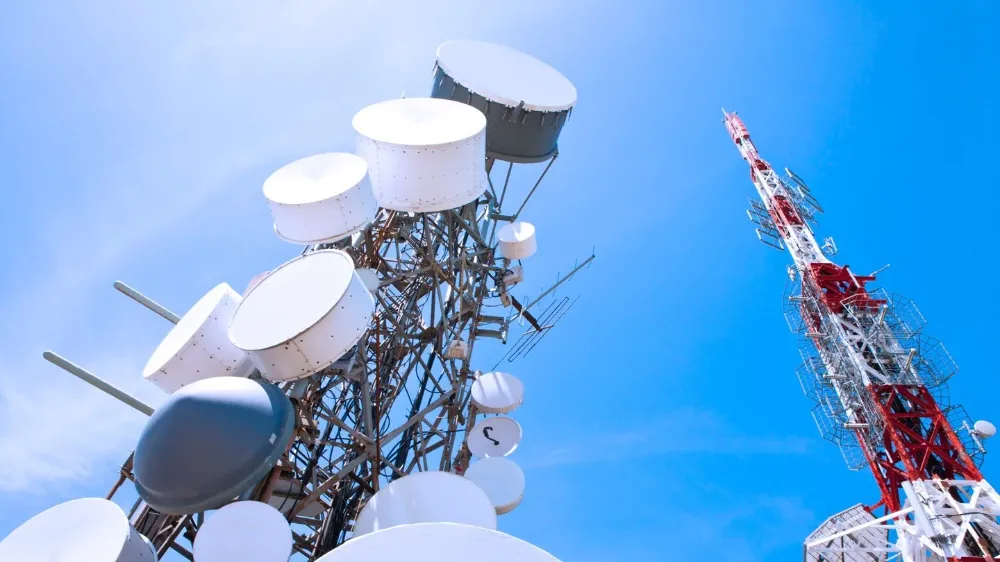Understanding ISP Licenses: A Comprehensive Guide for New Internet Service Providers

With the increasing demand for internet connectivity across India, many entrepreneurs are looking to establish their own Internet Service Provider (ISP) businesses. However, before starting operations, it is crucial to obtain an ISP License from the Department of Telecommunications (DoT). This guide provides a detailed overview of the ISP licensing process, its categories, and key requirements to help new entrants navigate the regulatory landscape effectively.
What is an ISP License?
An ISP License is a legal authorization issued by the DoT that permits businesses to provide internet services in India. Without this license, operating as an internet provider is illegal. The licensing process ensures compliance with national security measures, fair competition, and quality standards for consumers.
Categories of ISP Licenses
In India, the ISP License is categorized based on the geographical coverage of the service provider:
- Category A: Nationwide operations
- Category B: State-level operations
- Category C: District-level operations
Choosing the right category depends on your business goals and target market. Nationwide ISPs require higher financial investment and stricter compliance measures compared to district-level providers.
How to Apply for an ISP License?
Acquiring an ISP License involves several steps:
- Company Registration: The business must be registered as a Private Limited or Public Limited company under the Companies Act, 2013.
- Determine the ISP Category: Choose the appropriate license category based on the area of operations.
- Prepare Documentation: Essential documents include business registration certificates, financial statements, and network infrastructure details.
- Submit the Application: Applications must be submitted to the DoT along with the required fees.
- Payment of Entry Fee and Bank Guarantee: A non-refundable entry fee and financial bank guarantee must be deposited as per DoT guidelines.
- Security Clearance & Approval: After verification of documents and financials, security clearance is obtained before the license is granted.
Cost of Obtaining an ISP License
The cost varies depending on the license category:
- Category A: Higher fees due to nationwide operations
- Category B: Moderate fees for state-level operations
- Category C: Lower fees, suitable for small-scale ISPs
Additionally, annual license fees and performance bank guarantees are required to ensure compliance.
Regulatory Compliance and Obligations
Holding an ISP License comes with responsibilities, including:
- Adhering to the regulations set by the DoT and TRAI (Telecom Regulatory Authority of India).
- Maintaining data security and consumer privacy.
- Submitting periodic reports on service performance and compliance.
- Following lawful interception and monitoring requirements as per government directives.
Why Getting an ISP License is Essential?
Operating without an ISP License can lead to severe legal consequences, including penalties and business shutdown. The license ensures:
- Legal operation of your ISP business.
- Access to bandwidth from authorized telecom operators.
- Consumer trust and credibility in the market.
Conclusion
For aspiring ISPs, obtaining an ISP License is the first and most crucial step towards establishing a legitimate and successful internet service business in India. Understanding the licensing process, costs, and compliance obligations will help new entrants set up their ISP ventures efficiently.
If you need expert guidance, consider consulting professionals who specialize in ISP licensing to streamline the process and ensure a hassle-free experience.
